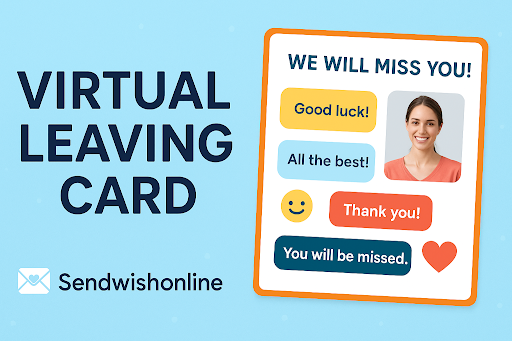Achieving a healthy work-life balance is crucial for maintaining overall well-being and happiness. In today’s fast-paced world, where the boundaries between work and personal life often blur, it is more important than ever to find a sustainable balance. This guide will provide you with practical tips and strategies to help you achieve the perfect equilibrium.
Understanding Work-Life Balance
Work-life balance refers to the ability to manage professional responsibilities and personal activities in a way that they complement rather than compete with each other. It involves allocating time and energy to work, family, leisure, and self-care in a balanced manner. Achieving this balance can lead to improved physical and mental health, increased productivity, and a greater sense of fulfillment.
The Importance of Prioritizing
One of the key steps in achieving work-life balance is learning how to prioritize tasks. Not all tasks are created equal, and some are more important or urgent than others. By identifying and focusing on high-priority tasks, you can ensure that your time and energy are spent on what truly matters. This approach not only enhances productivity but also helps in reducing stress and burnout.
To create an effective prioritization system, consider using tools like to-do lists, planners, and digital apps. These can help you organize your tasks and set clear goals. Remember to regularly review and adjust your priorities to stay aligned with your personal and professional objectives.
Setting Boundaries
Setting boundaries is essential for maintaining a healthy balance between work and personal life. This means clearly defining when you are working and when you are off-duty. Establishing these boundaries can prevent work from encroaching on personal time and vice versa.
For instance, avoid checking work emails or taking work calls during family time or leisure activities. Similarly, try not to bring personal issues into the workplace. By creating a clear separation, you can fully engage in each aspect of your life without feeling overwhelmed.
Incorporating Self-Care into Your Routine
Self-care is a critical component of work-life balance. Taking time to care for yourself can boost your overall well-being and productivity. Incorporate activities that promote relaxation and rejuvenation into your daily routine. This could include exercise, meditation, hobbies, or simply spending time with loved ones.
A lifestyle that includes regular self-care can help you manage stress more effectively and maintain a positive outlook. Remember, self-care is not a luxury but a necessity for sustaining a balanced life.
The Role of Flexibility
Flexibility plays a significant role in achieving work-life balance. Being adaptable and open to change can help you manage unexpected challenges and opportunities. For instance, if you have a demanding project at work, you might need to temporarily adjust your personal schedule. Conversely, if a personal matter requires your attention, being able to modify your work commitments can prevent conflicts and stress.
Many companies now recognize the importance of work-life balance and offer flexible work arrangements, such as remote work or flexible hours. Take advantage of these opportunities to create a schedule that works best for you.
Seeking Support
Don’t hesitate to seek support from family, friends, or colleagues. Sharing your challenges and seeking advice can provide new perspectives and solutions. Additionally, consider seeking professional help if you are struggling to manage stress or maintain balance.
Resources such as counseling, coaching, and wellness programs can offer valuable support. Websites like ok-mag.ro provide insightful articles and tips on achieving a balanced lifestyle, which can be a great source of inspiration and guidance.
Conclusion
Achieving work-life balance is an ongoing process that requires conscious effort and commitment. By understanding the importance of prioritizing, setting boundaries, incorporating self-care, embracing flexibility, and seeking support, you can create a harmonious and fulfilling life. Remember, the ultimate goal is not to achieve a perfect balance at all times but to strive for a healthy equilibrium that enhances your overall well-being.




